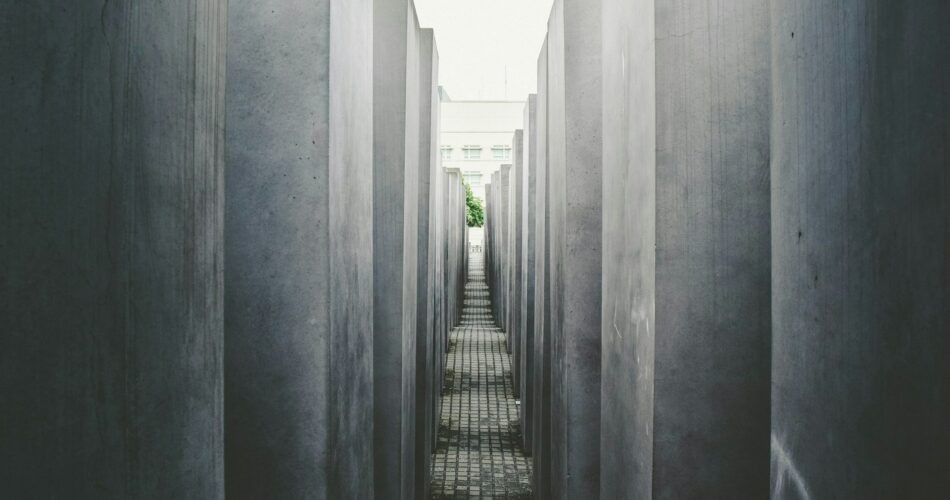The country is violating religious freedoms.
Over 300 Christian leaders in the U.S. are urging the State Department to classify India as a “Country of Particular Concern” due to severe religious freedom violations, particularly targeting Christians. This plea follows rising violence and systemic persecution under the Hindu nationalist government of Prime Minister Narendra Modi. The letter, sent earlier this month, highlights the worsening conditions for religious minorities since Modi’s administration began in 2014 and is the first major effort by U.S. Christian leaders to address these issues comprehensively.
The signatories, which include 18 bishops, three archbishops, and various clergy from different denominations, point to a significant increase in attacks on Christians, citing a report from the United Christian Forum. The report shows a rise from 127 incidents of violence in 2014 to 720 in 2023. The letter also references extensive displacement and destruction, noting over 65,000 displaced people in Manipur and more than 400 churches damaged or destroyed as of May 2023.
Additionally, the letter criticizes India’s “anti-conversion” laws, which have been enforced in at least 10 states, leading to forced displacements and arrests of Christians. It also addresses restrictions on foreign funding for Christian organizations, which have been severely impacted by the Foreign Contribution Regulation Act, leaving many organizations isolated and struggling.
The leaders call on the U.S. State Department to designate India as a CPC under the International Religious Freedom Act, which could lead to sanctions and other consequences. They urge the U.S. to hold Indian officials accountable for these violations and support both U.S. and Indian-based human rights organizations in their advocacy.
The U.S. Commission on International Religious Freedom has previously criticized the State Department for not including India and Nigeria on the CPC list. The State Department’s annual report acknowledges the troubling rise in anti-conversion laws and hate speech in India but has yet to take decisive action. The letter reflects growing international concern and calls for increased pressure on the Indian government to address these serious human rights issues.
